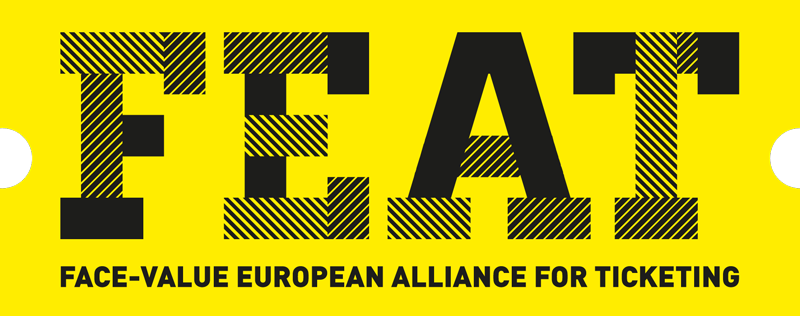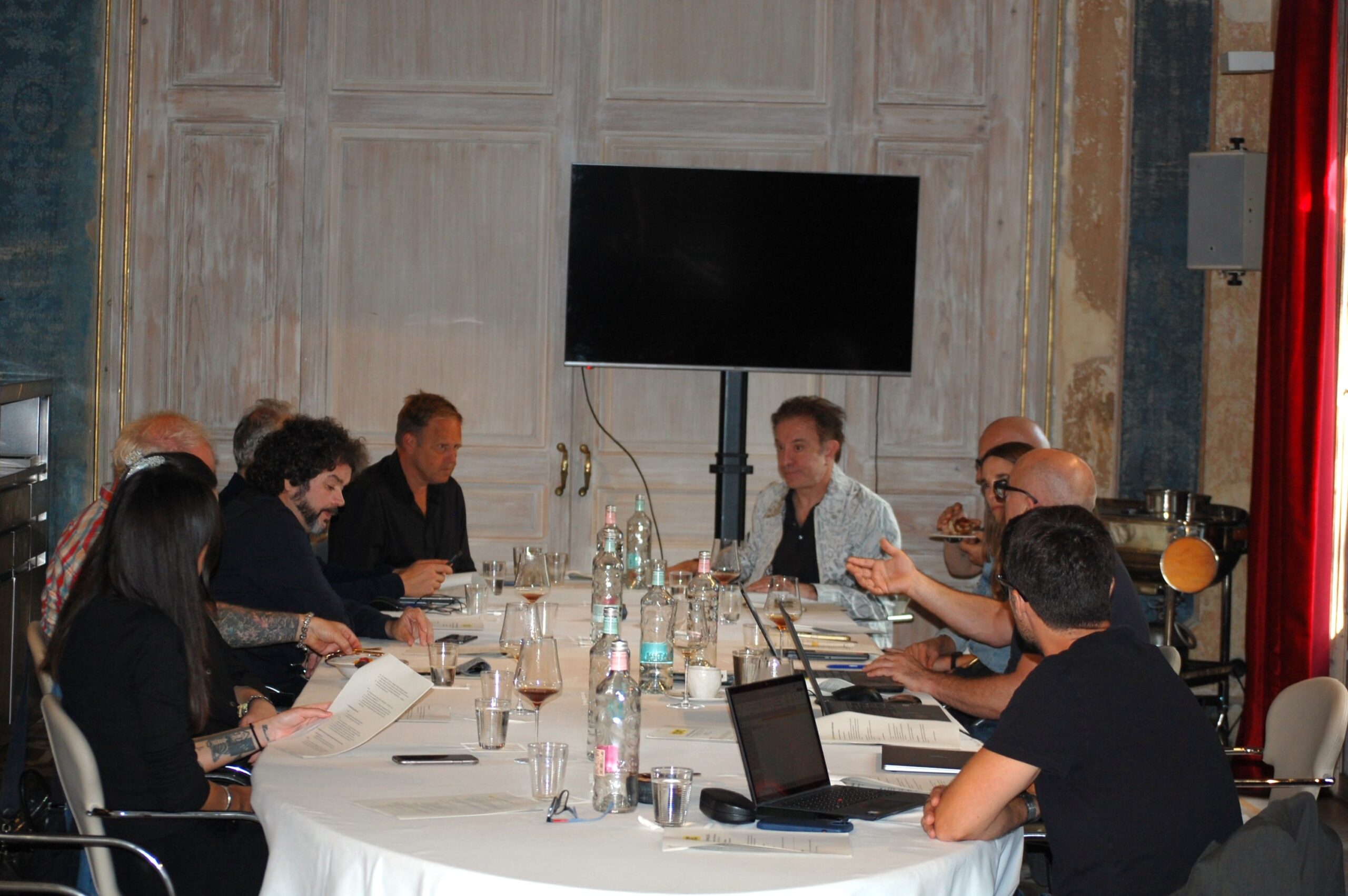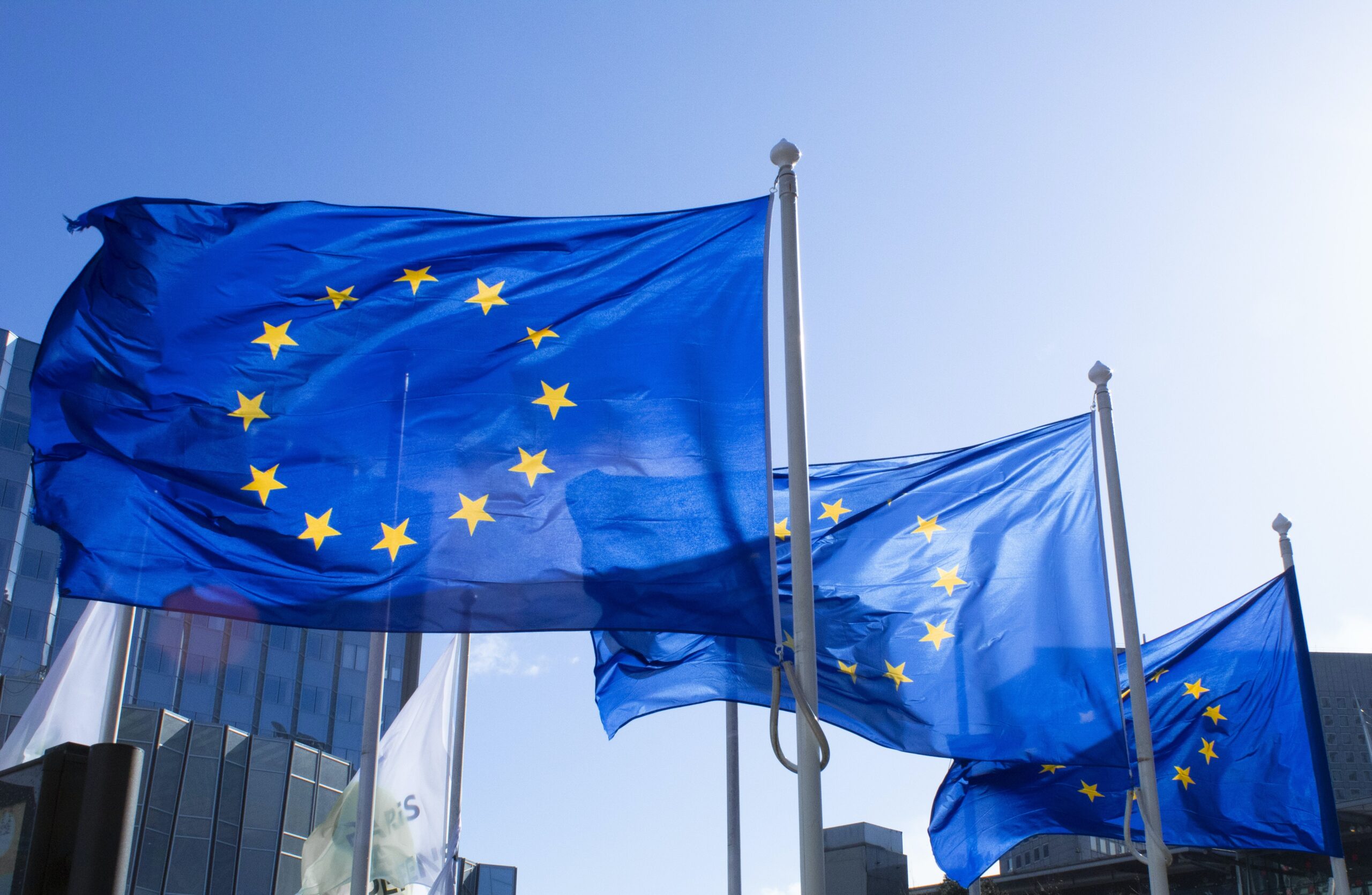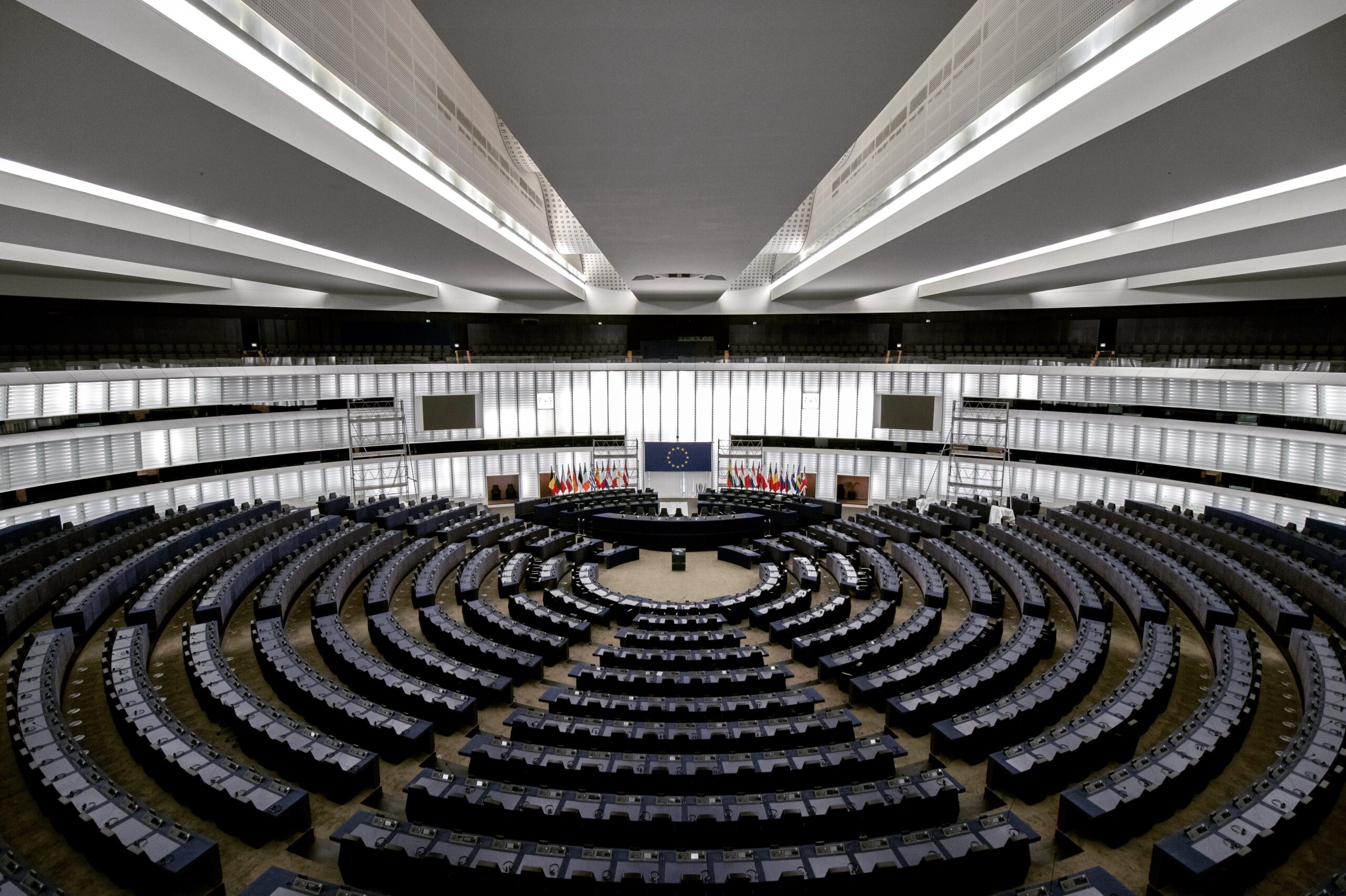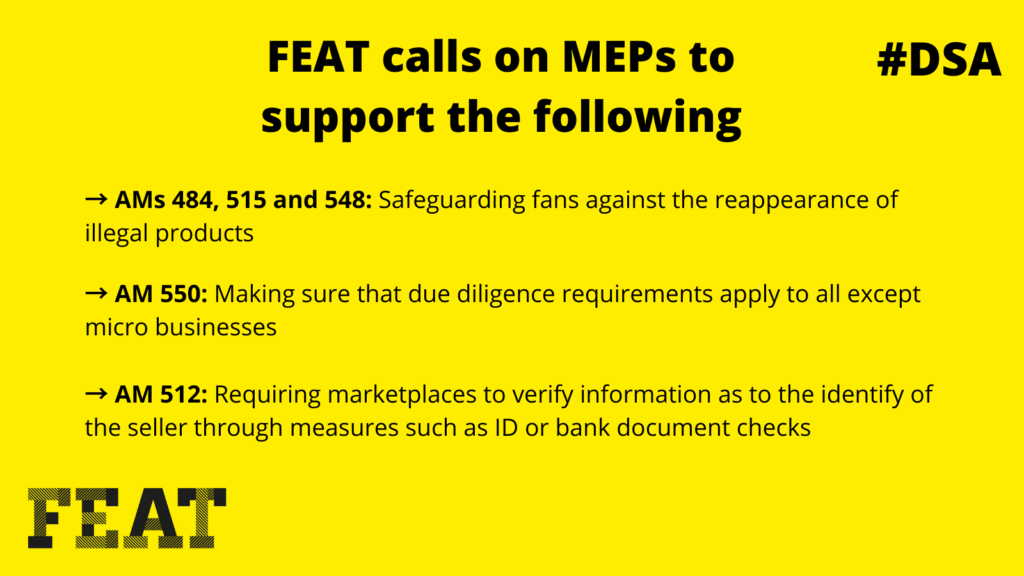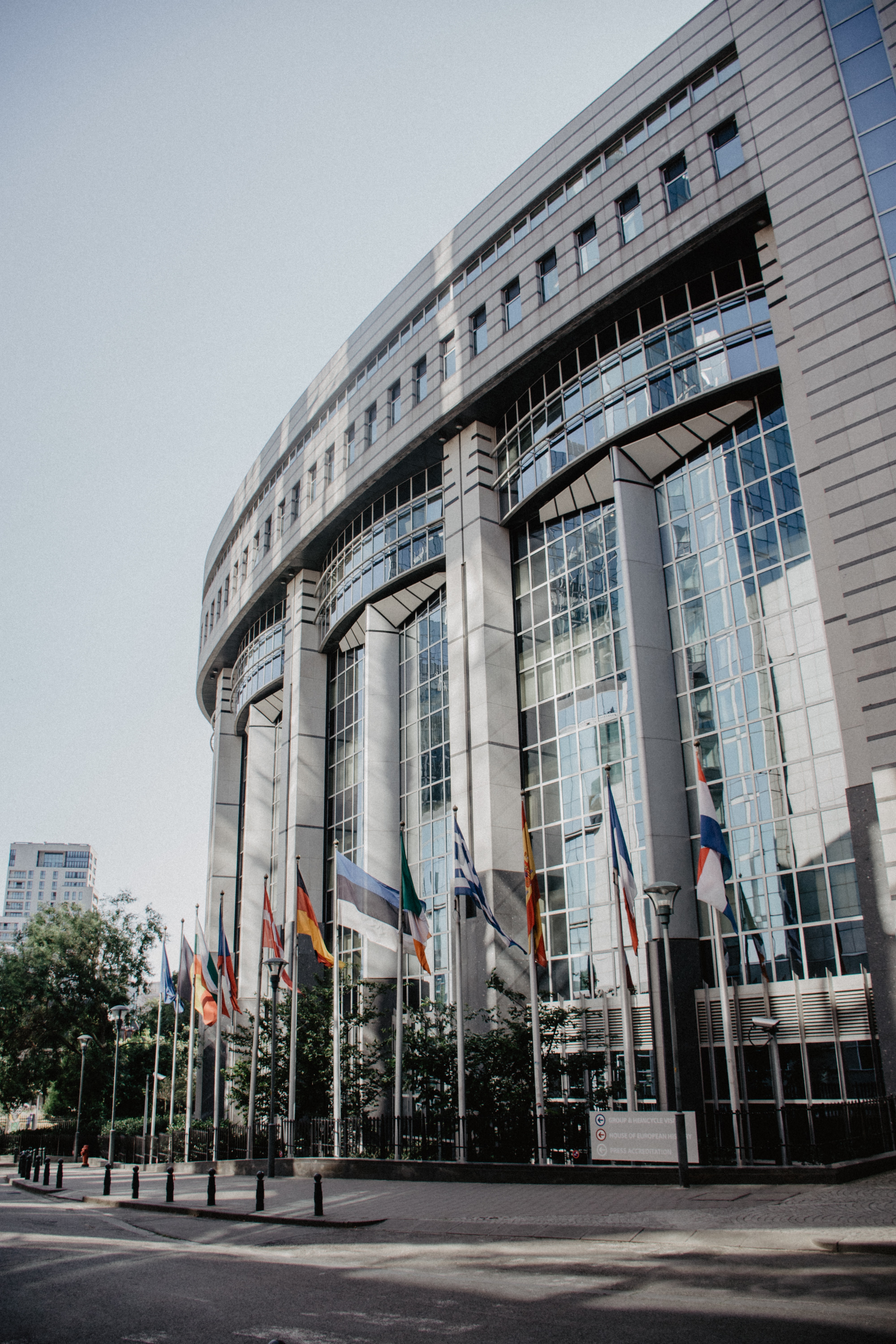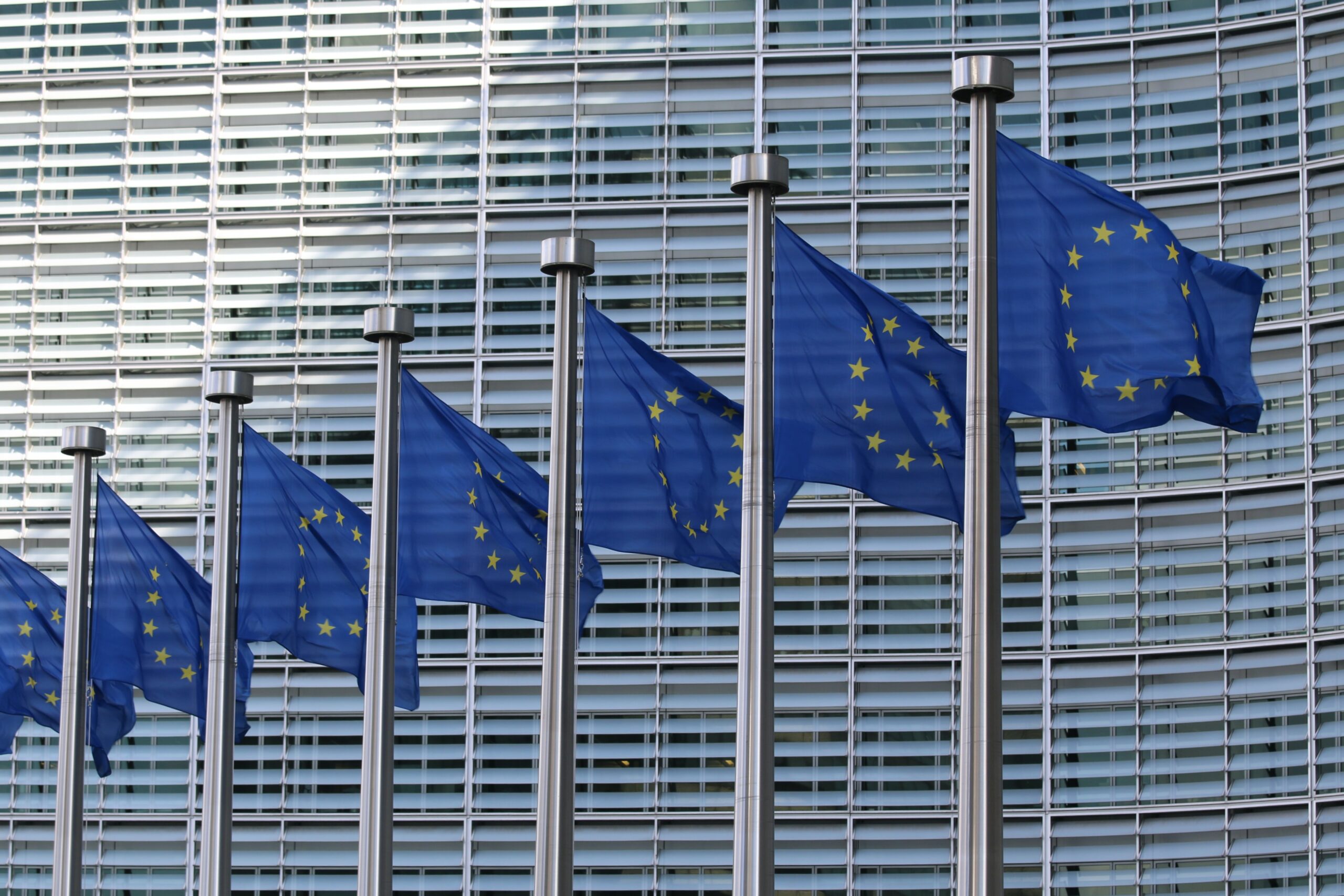Over 140 representatives from across Europe’s live performance sector have signed an open letter calling for the European Union to introduce tougher laws on online marketplaces. The signatories, who represent the worlds of pop, ballet, opera, theatre, comedy and more, are fed up with Europe’s exploitative ticket resale market, which drains hundreds of millions of euros from the live sector annually.
The letter focuses on the EU’s upcoming Digital Services Act, a regulation designed to make the internet safer. It comes ahead of a crunch meeting due to take place on Tuesday 15th March. Signatories include managers, agents and promoters for Ed Sheeran, Rammstein, Christine and the Queens, Robbie Williams, Jean-Michel Jarre, Alejandro Sanz, Hélène Grimaud, Parov Stelar, Måneskin, Die Ärzte, Yann Tiersen and Sigur Rós; plus many festivals, venues, industry groups and performers.
The letter reads as follows:
We are a wide-ranging group of European stakeholders from the culture industries, including artists and performers, managers, booking agents, event promoters, venues and representative organisations. We represent the core of the live performance sector, supporting culture and innovation, as well as contributing to economic growth, competitiveness and social development.
Ticket resale marketplaces are a hotbed for illegal activity. They enable professional ticket scalpers to resell tickets for a significant profit – often fraudulently – contrary to consumer protection and competition laws in many Member States. They use manipulative sales tactics and supply ticket resellers with tools that make it easier for them to commit fraud. Not only that, by concealing the identities of sellers, the ticket market supports widespread tax evasion, and tax authorities in Member States miss out on considerable tax revenues as a result.
These practices exploit fans and seriously undermine cultural businesses by leaching away hundreds of millions of euros each year. This threatens the post-pandemic recovery of Europe’s live events sector and has a knock-on effect on artists and business owners.
The Digital Services Act offers an opportunity to compel online marketplaces to act responsibly, and the next phase of negotiations is crucial in setting a high standard for consumer and business protection online.
With this aim in mind, we request that the new rules outline clear and robust responsibilities for marketplaces to ensure sellers are identifiable (“Know Your Business Customer”). This means obtaining and making best efforts to ensure the name, address and bank details of the seller, and the products offered, are legitimate. The identity of the seller must also be clearly visible alongside the products offered, as fans need to know who they are buying from. As well as checks on sellers, marketplaces should also carry out periodic spot-checks on listed products to ensure that they comply with the law.
Importantly, these basic obligations within the Act must apply to all businesses. We particularly reject the idea of a waiver for medium-sized businesses, which would leave the rules vulnerable to exploitation and encourage bad actors to move to smaller platforms.
Should a marketplace fail to comply, we ask that they be held accountable for any resulting illegal activity and harm done to fans.
Please find our supported compromise amendments here.
Live performance professionals who wish to sign can do so here.
SIGNED BY:
Representative Organisations
- ACOD Cultuur: Inge Hermans (ACOD Cultuur President Comité Muziek)
- APM (Asociación de Promotores Musicales) (Music Promoters Association of Spain): Albert Salmerón (President)
- BDKV: Johannes Ulbricht (Legal Director)
- Bundestheater-Holding GmbH (Austrian Federal Theatres’ Organisation): Magdalena Menheere (Group coordination ticketing)
- CSC Transcom Culture: Didier Gilquin (Culture General Manager)
- The Danish Musicians’ Union: Søs Nyengaard (Chairman of the Board)
- Deutsche Orchestervereinigung (German Orchestra Association): Jean-Marc Vogt (Musician/President)
- European Arenas Association: Victoria Matthews (Executive Officer)
- European Music Managers Alliance (EMMA): Per Kviman, Chair
- FAIR-MediaSind, The Romanian Federation for Culture and Mass-Media: Leonard Octavian Paduret (President)
- Face-value European Alliance for Ticketing: Sam Shemtob (Director and Co-Founder)
- FanFair Alliance: Adam Webb (Campaign Manager)
- Finnish Musicians’ Union: Ahti Vänttinen (President)
- FNV (Federation of Dutch Trade Unions): Martin Kothman (Director of Media & Culture, Netherlands), Heather Kurzbauer (Professor)
- Gadget abc Entertainment Group AG: Christof Huber (Festivals Director)
- German Orchestra Union: Gerald Mertens (CEO)
- Hungarian Musicians’ and Dancers’ Union: László Gyimesi (Vice President)
- International Federation of Musicians: Benoît Machuel (General Secretary)
- The Ivors Academy: Graham Davies (CEO), Crispin Hunt (Director)
- Live DMA: Audrey Guerre (Co-Ordinator)
- LKDAF (Latvian Cultural Workers Union): Aldis Misēvičs (Chairman)
- The Musicians’ Company: Richard Lyttelton (Charity Trustee)
- Music Managers Forum: Annabella Coldrick (Chief Executive)
- Musicians’ Union of Ireland: Seamus Doyle (Musician)
- Musicians’ Union UK: Horace Trubridge (General Secretary)
- Norwegian Live Music Association: Tone Oesterdal (CEO)
- Pearle* – Live Performance Europe: Silke Lalvani (Head of Public Affairs)
- SLC CGIL (Communication Workers’ Union): Loris Grossi (Representative)
- SMV-USDAM Switzerland (Swiss Musicians’ Union): Beat Santschi (General Secretary)
- Sindicato Profesional de Músicos (Spanish Professional Union of Musicians): Pablo Múzquiz (President)
- Swiss Music Promoters Association (SMPA): Stefan Breitenmoser (General Manager)
- Symf (Swedish Union of Professional Musicians): Gunnar Jönsson (President), Jonas Nyberg (Editor)
- Theater-Transfer: Michael Hilleckenbach (Managing Director)
- Vereinte Dienstleistungsgewerkschaft (ver.di), music section: Gabor Scheinpflug (Chairman)
- Victim of Viagogo: Claire Turnham MBE (Founder and Campaigner), Jane Robinson (Moderator)
- Younion: Thomas Dürrer (Sekretär ÖGB – Section Secretary)
- YOUROPE – The European Festival Organisation: Katharina Weber (Project Manager)
Agents
- All Artists Agency: Michael Sand (Booking Agent)
- Creative Artists Agency: Emma Banks (Co-Head International Touring), Andy Cook (Agent), Jamie Shaughnessy (Agent)
- One Fiinix Live: Jon Ollier (CEO/Agent)
- Paradigm Talent Agency
- Primary Talent International: Ben Winchester (Director)
- Progressive Artists: Rob Gibbs (Booking Agent)
- Pure: Angus Baskerville (Director), Jodie Harkins (General Manager)
- United Talent Agency: Jules de Lattre (Agent), Beth Morton (Agent), Jamie Waldman (Agent)
Artists
- Bernd Stelter: (Comedian)
- Danceperados of Ireland: Petr Pandula (Artistic Director)
- Michelle Shocked: (Singer Songwriter)
Festivals
- AiaSound Festival: Frederik Kjærgaard (Founder & CCO)
- Baloise SessionL Beatrice Stirnimann (CEO)
- Caribana Festival: Samuel Galley (Booking & Production)
- Europavox
- Festival Cruïlla: Jordi Herreruela Salas (Director)
- HOME Festival: Emanuela Virago (General Manager)
- Paléo Festival Nyon: David Franklin (Ticketing Manager)
- Provinssi Festival: Sami Rumpunen (Festival Director)
- Rock en Seine Festival: Matthieu Ducos (General manager)
- Stichting Explosion Festival: Hayo Braakman (Digital Event Manager)
- We Love Green: Marie Sabot (Director)
- Winterthurer Musikfestwochen – David Egg (Co-Head of Festival)
- Verein Openair Etziken: Yves Ammann (Festivalleitung – Festival Director)
Managers
- Crockford Management: Paul Crockford (Manager)
- Grumpy Old Management Ltd: Stuart Camp (Manager of Ed Sheeran)
- Klassenfahrt: Florian Böde (Artist Manager)
- Ignition: Alec McKinlay (Partner)
- RLM: Yann Barbot (Marketing & Booking Director)
- Wildlife Entertainment Limited: Ian McAndrew (Artist Manager)
Promoters
- AllBlues Konzert AG: Johannes Vogel (Director)
- All Things Live Group: Kim Worsøe (CEO)
- Applaus Kulturproduktionen GmbH: Paul Kunze (CEO)
- art.emis Entertainment GmbH: Ulrich Lautenschläger (Manager)
- Artist Promotion Management Ltd: Harvey Goldsmith (CEO)
- a.s.s. concerts & promotion GmbH: Dieter Schubert (CEO), Florian Böhlendorf (Agent), Mick Köppe (Booking Agent), Sara Lemke (Tour Production), Jessica Zühr (Ticketing), Fabian Rau (Event Management Trainee), Susanne Strathausen (Marketing Manager)
- Barley Arts: Claudio Trotta (Promoter)
- Barracuda Music GmbH, Austria: Franz Erhardt (CEO)
- Barracuda Holding GmbH, Austria — Austria: Ewald Tatar (CEO)
- Cávea Producciones: Ramón García-Barros (Owner)
- concert team nrw: Berni Lewkowicz (General Manager)
- Concerts East: Siyabend Suvari (CEO)
- d2mberlin GmbH/Die Wühlmäuse GmbH: Daniel Domdey (CEO)
- DEAG Deutsche Entertainment AG: Britta Herrström (Senior Corporate Lawyer)
- Doctor Music Concerts: Neo Sala (Founder and CEO)
- domino Event SARL: Stefan Breitenmoser (CEO)
- DreamHaus GmbH: TimEichin (Senior Coordinator Finance/Legal)
- E.L.Hartz Promotion GmbH: Ernst-Ludwig Hartz (CEO)
- FKP Scorpio: Folkert Koopmans (CEO)
- Greenhouse Talent: Pascal Van De Velde (Founder and CEO)
- Goodlive Artists: Justus Mang (Managing Director)
- In&Out Producciones: Ana Zamarbide (CEO)
- JCPL (Jerkin Crocus Promotions Ltd): Mick Brown (Agent)
- I-Motion GmbH Events & Communication: Oliver Vordemvenne (CEO)
- Just Because: Samuel Galley (Director, also of Ishtar Music), Kay Galley (Chief Marketing & Communication)
- Just Life Music: Daniel Molina Morales (Head Promoter)
- Karsten Jahnke Konzertdirektion GmbH: Ben Mitha (Managing Director)
- Kontrapunkt-Konzerte (Counterpoint Concerts): Martin Blankenburg (CEO)
- Konzertbuero Schoneberg GmbH (Germany): Andreas Moller (Head Promoter)
- Kulturgipfel GmbH: Hilmar Koerzinger (CEO)
- Landstreicher Booking & Landstreicher Konzerte: Christopher Moeller (CEO)
- Live Music Production: Michael Drieberg (Managing Director)
- MAAG Music & Arts AG: Fabian Duss (CEO)
- MCT Agentur GmbH: Scumeck Sabottka (CEO)
- MITUNSKANNMAN.REDEN. GmbH & Co. KG: Oliver Harms (Project Management and Ticketing), Max Paul (Event Manager), Thomas Schulz (Promoter)
- Mundo Management s.a: Sanchez-Rando Leon (Contratacion)
- Revolution Event GmbH: Michael Struber (Project Manager)
- The Music Republic: Juan Carlos Gutiérrez (Director of Events)
- Power Concerts GmbH: Arthur Theisinger (Managing Director)
- Opus One SA: Vincent Sager (CEO)
- The Project Music Company: Tito Ramoneda (Founder and CEO), Sandra Galindo (Management)
- Universal Sounds: Daniel Hunziker (Managing Director)
- Undercover GmbH: Michael Schacke (CEO)
- VADDI Concerts GmbH: Marc Oßwald (Managing Director)
- Zeitklang Event: Michael Richter (CEO)
Venues
- Brighton Centre: Lindsey Scott (Ticketing & Customer Services Manager)
- Capitol Betriebs GmbH: Thorsten Riehle (Managing Director)
- Haus der Springmaus: Berit Baumhoff (Manager)
- The O2: Veronica Kakuba (Head of Event Ticketing Operations)
- SNG Opera in balet Ljubljana (The Ljubljana Opera House): Andrej Sraka (Musician)
Others
- Michael Waterson: (author of the Waterson Review, an independent review of consumer protection measures concerning online secondary ticketing facilities, presented to UK Parliament May 2016)
- RBR Abogados SL: Juan Luis Rodriguez (lawyer)
- Raquel Andrade: (Executive officer at the Civil Service)
- Turku Institute for Advanced Studies: Martin Cloonan (Director)
- VWC: Vicky Kafetzi (Communications Professional)
